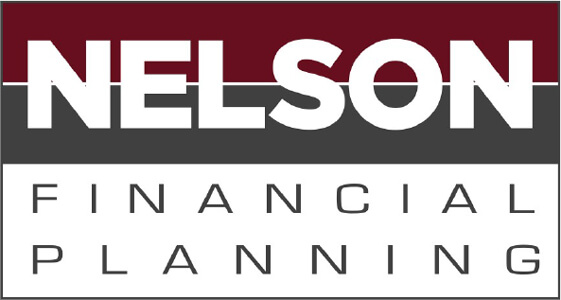Everyone knows that assets minus liabilities equal your net worth. But have you thought about the control you have over this equation? Let’s consider how to improve your overall financial picture using the age-old balance sheet and income statement.
How to Improve Your Balance Sheet
The goal is to increase the asset side and decrease the liability side of the balance sheet equation. Here’s how:
- Start saving more: The easiest way to become more valuable is to increase your savings. This boosts the asset side of the equation, which builds your net worth.
- Have an emergency fund: Having cash or other liquid assets on hand is critical. This way, if you end up overspending one month, you can simply pull from your savings account to pay that bill instead of building up debt on a credit card. Interest rates can be upwards of 20%, so carrying a balance from month to month can rack up quickly.
- Pay off your short-term liabilities: These debts tend to have the highest interest rates, so pay them off as quickly as possible to help you in the long run.
- Know the asset allocation of your investment accounts: Oftentimes, people forget about some of their accounts, such as an old 401(k) from a previous employer. Years later, they discover that the account was sitting in cash the whole time, wasting its earning potential as an investment. That’s why it’s important to know what you’re investing in to increase your rate of return.
How to Improve Your Income Statement
An income statement shows how much you earn per month minus your expenses. In other words, money in, money out. The exercise of tracking your spending can be incredibly eye-opening. For instance, if you spend $5 on your morning coffee every day, that’s $150 a month—or almost $2,000 a year! Cutting back in little areas like this can make a tremendous difference.
Many people look at their income statement and decide to save a percentage of whatever’s leftover every month. This is the wrong approach. What you should do is pay yourself first. This means incorporating the amount you want to save into your income statement rather than only saving if you have anything left at the end of the month.
Start Investing Today
Far too many people think they don’t have enough money to start investing, so they put it off for decades. The truth is you don’t need a lot of money to get started. And the most important part of successful investing is time.
Let’s say you have a friend who starts investing $2,500 per year at 18 years old until he turns 27, and then he stops. Assuming a total rate of return of 10%, his total investment of $22,500 becomes $1.5 million by the time he turns 65.
Another friend waits until he’s 27 to start investing. If he contributes the same $2,500 per year up until age 65, he invests a total of $97,500. But that only becomes $1 million by the time he retires. This is because he had fewer years of compound interest to boost his retirement savings.
As it turns out, improving your balance sheet, developing a healthy income statement, and investing today are the keys to becoming more valuable. These goals often require help from a financial planner. So call Nelson Financial Planning at 407-307-3061 or reach out to us online to start making your money work harder for you!
- 8 Wonders1
- Bank Investments3
- Beating Inflation1
- Budget for Retirement3
- Corporate Transparency Act2
- Digital Currency1
- Energy Tax Credits1
- ESG Funds1
- Featured Blog0
- Financial Planning10
- Financial Success3
- Importance of Dividends2
- Investment Portfolio5
- Investment Strategy2
- IRA1
- Joel Garris1
- Nelson Financial Planning5
- Net Worth Improvement1
- Next Gen Dollars and Sense1
- Pension Plans1
- Retirement “Secure” Act2
- Retirement Planning2
- Retirement Regrets4
- Social Security3
- Tax Liability3
- Tax Planning6
- Year-End Tax Changes3






